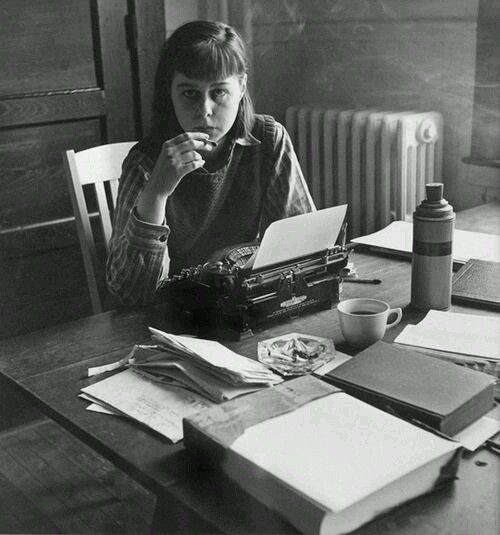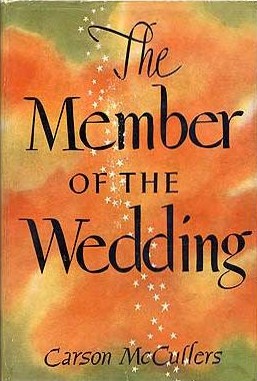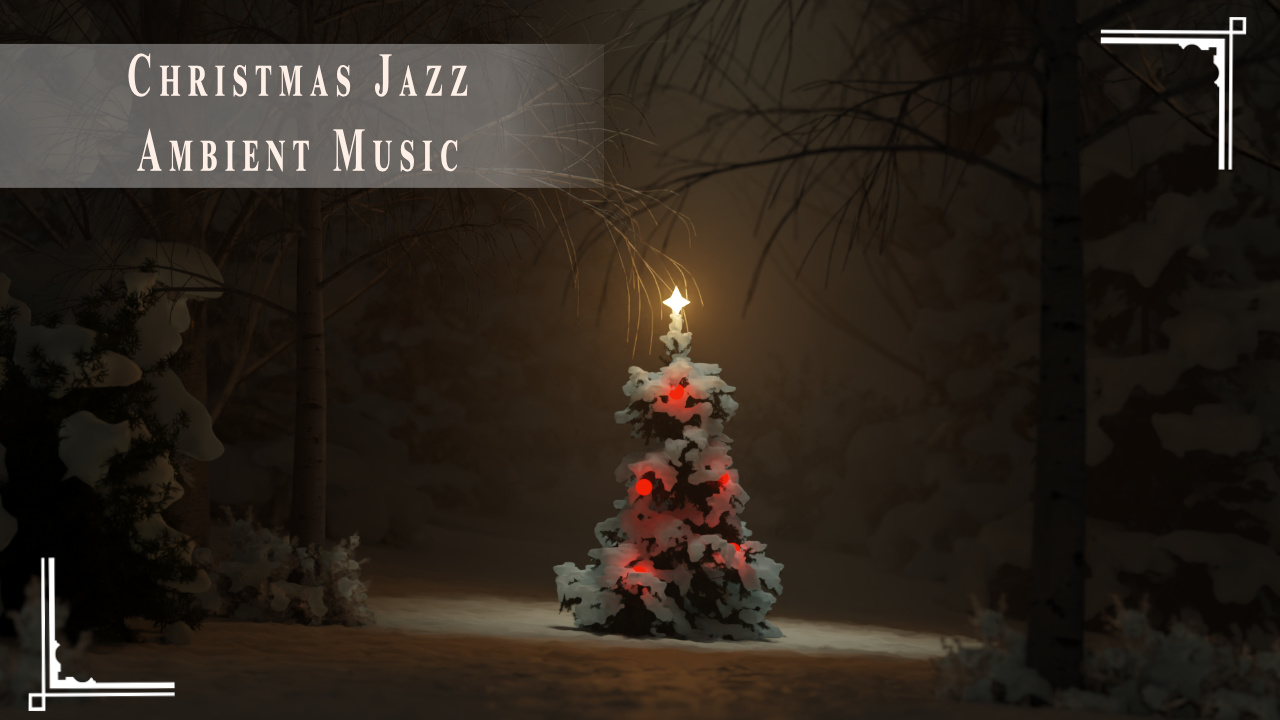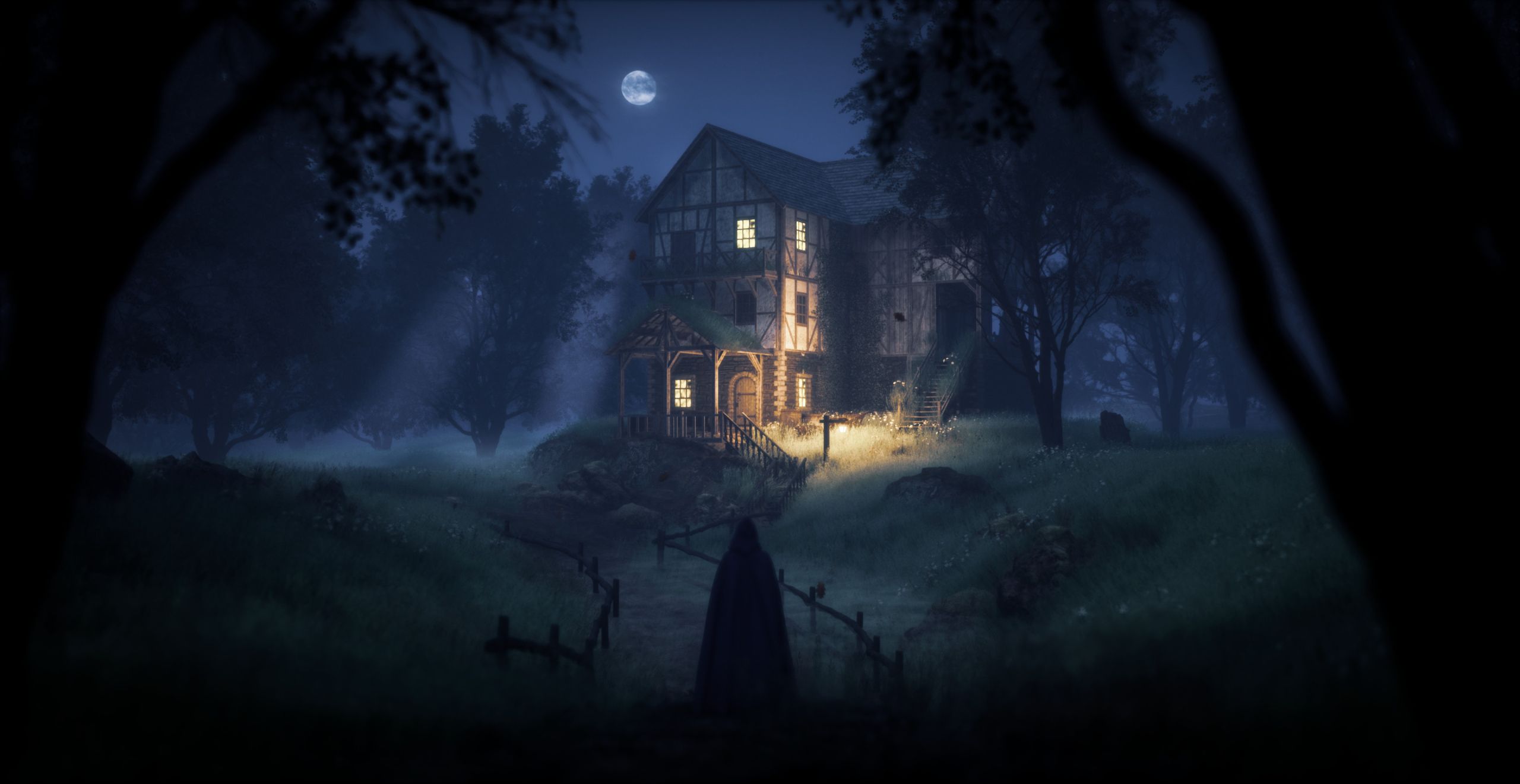One thing is for certain: the market of ‘coming of age’ novels is a saturated one. You need not lift a finger any further than to type the words into google to find thousands of lists. Lists that all claim they hold the coming of age crème of the crop.
Whilst ‘Harper Lee’s ‘To Kill a Mockingbird’ is hailed in nearly all of them, Carson McCullers’ ‘The Member of the Wedding’ is a hidden diamond, rarely visible in any.
Published in 1946, Carson McCullers’ novella follows twelve-year-old Frankie Addams’ troubled journey into early adolescence. Tomboyish, and in her own words, “freakishly tall” Frankie is concerned that she is a misfit of society who doesn’t belong anywhere; “she was a member of no club”.
 A large amount of the novel is taken up with Frankie’s ruminations about her brother’s upcoming wedding in ‘Winter Hill’ which quickly develops into an obsession.
A large amount of the novel is taken up with Frankie’s ruminations about her brother’s upcoming wedding in ‘Winter Hill’ which quickly develops into an obsession.
Scared of being an outcast, Frankie clings onto the fantasy that she can become a third ‘member’ of the wedding and escape from the stasis of everyday life, away with the married couple. She prophesizes “They are the we of me”. Of course, this fantasy is debunked at the end of the novel with a scenario that quite literally ends in tears.
Frankie’s desperate pursuit of ‘membership’ leads her to learn many more life lessons up to the wedding, with the ceremony itself and the events that unfold afterwards acting like a big ‘finale’.
After each lesson follows great change and by the end of the novel in a true coming of age style, Frankie somewhat matures into early adolescence.
Most of the novel takes place in Frankie’s Father’s kitchen with African American servant, Berenice Brown and Frankie’s young cousin, John Henry West. It is in this kitchen that the best parts of the novel take place as the three of them reflect on what would make the world a better place.
These ideas not only question the rigid nature of mid-20th century society but act as a beacon of hope in a world rife with war (WWII) and discrimination.
What is so gripping about this novel is not so much the events that unravel within it, but the style that McCullers has invested in. McCullers’ portrayal of Frankie is often dark, often drawing on the grotesque to show how Frankie feels like a social pariah- with no concept of self or belonging.
Frankie often likens herself to ‘freaks’ from a show. Additionally, McCullers has instilled a ‘static’ effect into her book, almost as if time is permanently void. Painfully drawn out, the world- the kitchen for Frankie is stifling and sickening. All of this emphasises Frankie’s space in limbo – not sure of how to navigate herself nor the world around her. This also highlights the tension going in the world at the time.
These ideas not only question the ‘rigid nature of mid-20th century society, but act as a beacon of hope in a world rife with war

(WWII) and discrimination.
What is so gripping about this novel is not so much the events that ravel within it, but the style that McCullers has invested in. McCullers’ portrayal of Frankie is often dark, often drawing on the grotesque to show how Frankie feels like a social pariah- with no concept of self or belonging. Frankie often likens herself to ‘freaks’ from a show. Additionally, McCullers has instilled a ‘static’ effect into her book, almost as if time is permanently void.
Painfully drawn out, the world- the kitchen for Frankie is stifling and sickening. All of this really emphasises Frankie’s space, in a limbo, not sure of how to navigate herself nor the world around her. This also highlights the tension going in the world at the time.
The lesson that Frankie takes away into adolescence is that true ‘membership’ is a fallacy, with the novel smashing each fantasy with sobering reality.
Whilst McCullers might seem a little cruel in her approach, she also instils a sense of hope into her narrative: that slowly, for better or worse change always comes.
We see by the end of the novel, following Frankie’s biggest learning curve that “change had come” in a rapid conclusion of events. McCullers’ approach speaks great volumes about the period in which she writes- one so defined by rigid attitudes but also plunged into a state of flux through conflict. One can only admire her sense of hope.




Leave A Comment